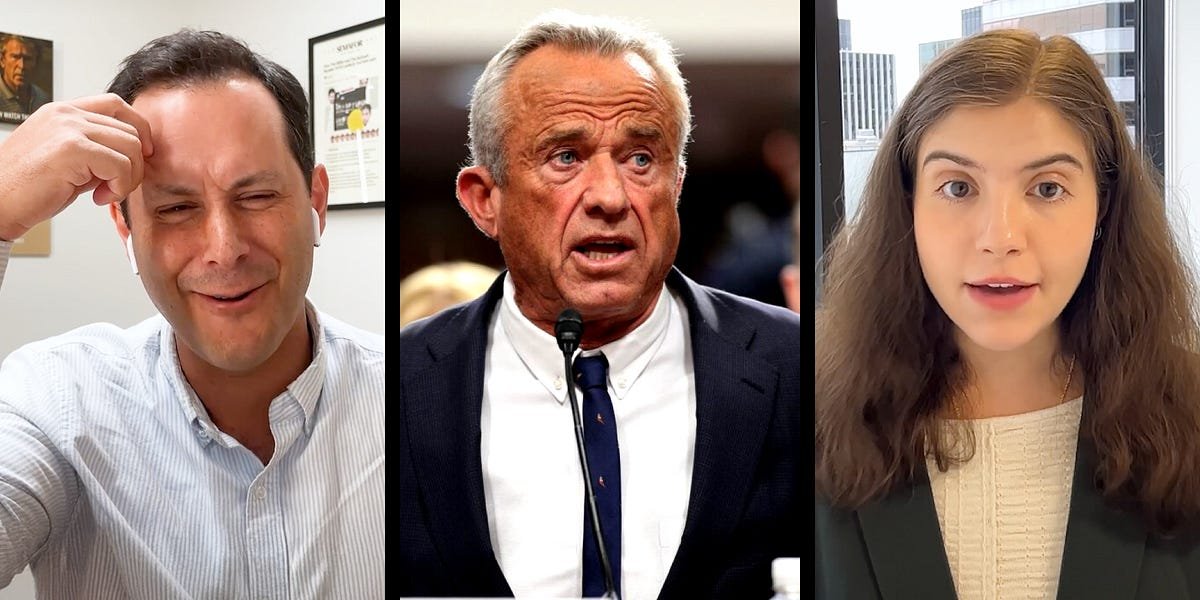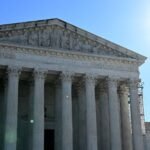Now Reading: Cornyn on injunctions: If a judge wants to make political decisions, run for office
-
01
Cornyn on injunctions: If a judge wants to make political decisions, run for office
Cornyn on injunctions: If a judge wants to make political decisions, run for office

Content Summary
The Supreme Court recently deliberated on the contentious issue of nationwide injunctions, which are orders from federal district judges that can impact federal policies across the entire country. This issue has garnered significant attention from lawmakers, particularly from Senate Judiciary Committee members like John Kennedy, who argue that such injunctions represent a judicial overreach. Kennedy insists that judges should not create laws but rather follow them, stating that federal judges should adhere to the laws passed by Congress and the executive actions undertaken by the president, as long as these actions are lawful.
Nationwide injunctions, as Kennedy highlights, began gaining traction in the 1960s but were relatively rare until more prevelantly utilized during the administrations of George W. Bush and Barack Obama. The trend accelerated during Donald Trump’s presidency, where nearly 100 injunctions were issued against his administration. Kennedy criticizes these judicial rulings, asserting that judges are often motivated by personal or political agendas, thus at times ignoring their legal responsibilities. His stance is that universal injunctions lack a statutory foundation and are an invention of judicial discretion rather than a necessary legal tool.
Several Republican senators, including Tommy Tuberville and John Cornyn, share Kennedy’s concerns. Tuberville condemned the influence of “radical left judges” who, he believes, prioritize personal beliefs over the public will, as demonstrated by the overwhelming support for Trump’s agenda in the 2016 election. He argues that if judges aspire to make political decisions, they should seek elected office rather than serve in the judiciary, where their focus should be strictly on the law and the Constitution.
Cornyn echoed this sentiment, emphasizing the problematic nature of nationwide injunctions, which can effectively halt policies enacted by a democratically elected president based on the decision of a single judge. He supports legislation such as the Judicial Relief Clarification Act, introduced by Senator Charles Grassley, aimed at curtailing the use of these injunctions. Cornyn pointed out that the court’s ruling on a specific case regarding birthright citizenship would ultimately shape the broader scope of these injunctions, indicating a need for judicial reform in this area.
Grassley, who also believes that nationwide injunctions are an “unconstitutional abuse of judicial power,” aims to pursue legislative solutions in Congress if the Supreme Court does not address the fundamental issues surrounding these judicial practices. The ongoing discussions among senators indicate a broader bipartisan recognition of the need to reevaluate and possibly reform the application of nationwide injunctions to restore a balance between the judiciary and the legislative-executive branches.
Source: www.foxnews.com













